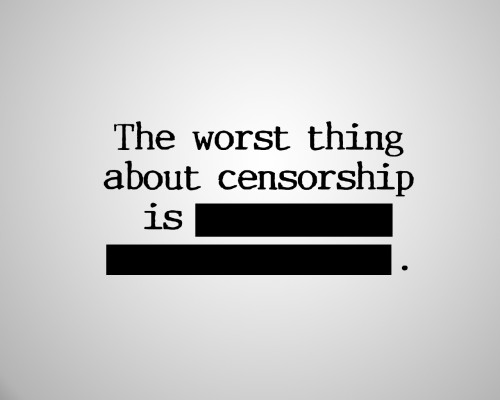Journalism’s means of gathering information has changed through time

March 6, 2018
In the world of journalism, the term “off the record” usually means that anything a source says cannot be recorded by the reporter conducting the interview and used in the article they are writing. However, in the age of digital media and access to instant information this sacred phrase seems to be meaningless.
Technology’s evolutions and the newest means of gathering information can make writing informative articles a simple matter of going to Google, and searching what you’re looking for with some intent. Certain websites like Google Scholar are a showcase for the studies people would have to spend time searching for.
However, this is also shrinking the difference between what is considered off the record and censorship. Censorship in journalism is not an unfamiliar idea, especially since the presidency of Donald Trump. One major example comes from the events depicted in the film, The Post.
The film depicts the inner workings behind the decision of The Washington Post to publish The Pentagon Papers, a series of documents about a military study done on how the Vietnam War was going. In addition to The Washington Post having the documents, The New York Times also received a copy of the documents.
However, The New York Times was given a cease and desist order to keep them from publishing the papers, however, this didn’t stop the Washington Post from publishing the documents when they had them. The Federal Government took the Washington Post as well as The New York Times to court and The Post won. They had the right to publish the study because it wasn’t a threat to national security.
While these bring up the idea of government censorship in place of people saying, “this is off the record”, it comes to a point where they have to be censored in order to keep information from spreading. Could this be what it comes to in order to make sure that people are protected from the freedoms the first amendment provides to the press?
One thing to recognize is how the difference between “off the record” and censorship is changing. One example of example is the case of Progressive magazine and their infamous magazine article, “The H-bomb Secret; How we got it and why we’re telling it”, in which they released, in intimate detail, how to build a hydrogen bomb.
However, the federal government used prior restraint, which is the judicial suppression of material that would be published or broadcast, on the grounds that it is libelous or harmful, to halt Progressive magazine’s article. Since the article would have placed a great danger to national security the Supreme Court held it up in the landmark case, United States v, Progressive, Inc.
This is a question that remains in limbo because technology and other sites such as WikiLeaks have become a place where any media outlet can have instant access to these documents and can infuse certain information they want for a desired outcome. But is it the technology that made the way we get information different or are the media like a child that you can’t say no to?
Using sources and people with close ties to a certain newsworthy item/person/event are a common means for getting at the heart of an issue. However, in the era of fake news, misinformation and alternative facts, the tactics and means of the media are entirely necessary. Government suppression of documents or some other kind of misdirection has given people less faith in both the government and the media.
The loss of faith in the media can be shown through how news networks like CNN present the news. For hours upon hours on end, CNN will air the same story, usually about President Donald Trump, without showing any other stories. News outlets don’t attempt to gather other stories aside from information on Trump and other goings on within the government.
Just as the idea of censorship has become broader, the idea of “off the record” has become a part of the umbrella term of government censorship. Redacting information, classifying it and other means seem to have become useless as someone is eager to spread the message of something that isn’t right with what the government is doing.




